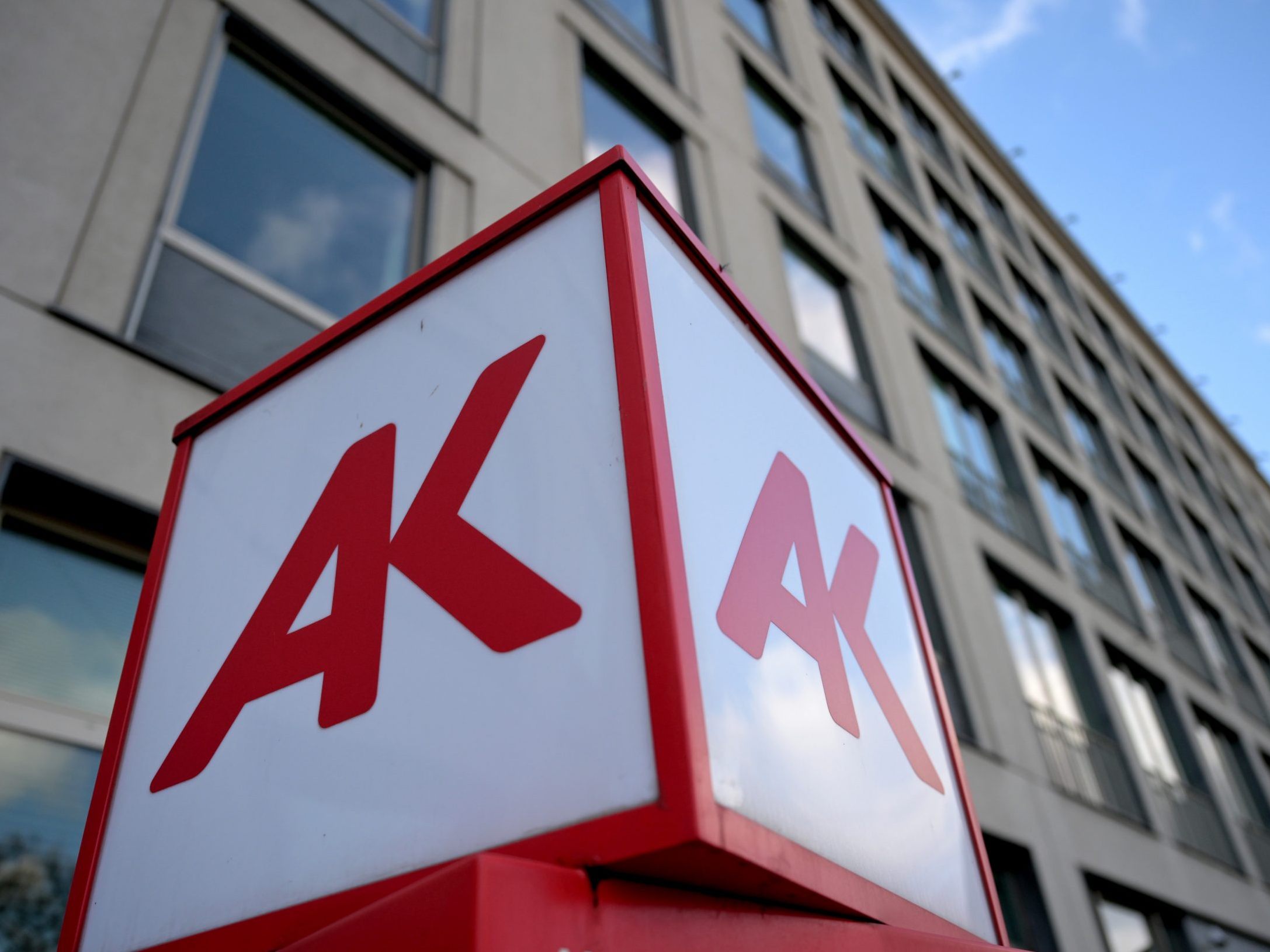AK Criticizes Excessive Rents for Privatized Cooperative Apartments

Many tenants are not even aware that they are entitled to the capped rent according to the Non-Profit Housing Act (WGG) even after the sale of the apartment to an investor. The AK wishes for a "sticker" in the land register that specifies this in more detail. Penalties for rent gouging would also be necessary. Currently, in the case of a lawsuit, only the difference amount has to be refunded.
Currently, 4.38 Euros per Square Meter is Legal
The formerly non-profit housing companies and especially the investors who buy such apartments must rent according to the lifespan of the apartments and buildings under the provisions of the WGG. According to the AK, the basic rent and maintenance and improvement contribution - currently together 4.38 euros per square meter - plus operating costs and VAT can usually be charged.
Non-profit status is an important component when it comes to affordable housing, emphasized AK housing law expert Walter Rosifka at a press conference on Tuesday. Two principles apply here - the asset binding principle, according to which profits must be reinvested - for example, in new apartments - and the guaranteed capped rent. "It becomes problematic when non-profits are privatized," criticized Rosifka, pointing out what he sees as a lack of transparency, rent increases, time limits, and chain rental agreements in the period thereafter.
Privatization of Buwog under Grasser was a "Major Event"
In the past little over 20 years, there have been "two major events" here - as a prime example of privatizations of federally owned non-profit housing associations and their apartments, Rosifka cited the denationalization of Buwog under former Finance Minister Karl-Heinz Grasser in 2004. This was accompanied by a "loss of about 60,000 apartments from non-profit status." The formerly federally owned apartments of BUWOG, WAG Linz, ESG Villach, and EBS Linz were sold off, and the Republic received "a paltry 961 million euros" for them, according to the AK. Including the assumption of outstanding loans, the buyers paid just under 40,000 euros per apartment on average. Event number two was the 3,000 cooperative apartments of Gesfö, Riedenhof, and Panonnia, which were privatized between 2012 and 2015.
Those who have rented an apartment from investors often pay a much higher rent, the AK highlighted with several case examples. For instance, around 1,100 euros gross rent had to be paid for a 61 to 70 square meter apartment - rented through the housing company, it was on average only about 590 euros rent. "A clear and comprehensible application of the Non-Profit Housing Act makes a big financial difference," emphasized Ernst Gruber from wohnbund:consult - Office for Urban.Space.Development, who conducted a qualitative survey on the consequences of privatizations. Many tenants do not know that the rent in their complex is capped. Renting through investors also "regularly involves a time limit." According to the AK, tenants usually do not dare to sue, as they then risk losing their apartment. The survey showed good results in terms of housing quality, quick repair of defects, and well-maintained complexes.
Hefty Penalties for Usury Needed as Deterrent
The advantages are overshadowed by the frequent rent increases. The legal risk for demanding excessive rents is too low for the AK. "If caught, only the amount unjustly paid has to be refunded," criticizes Rosifka. "Landlords can continue with excessive prices - there is no threat of a penalty." This should change, according to the AK's appeal to the government. Specifically, the Ministry of Economic Affairs is responsible for the Non-Profit Housing Act.
The AK wishes for all apartments subject to the WGG to have the note "non-profit, WGG rent formation" in the land register, so that tenants can immediately recognize whether a rent cap applies to their apartment. Furthermore, the AK demands an end to time limits, as these are "price drivers" and make tenants "extortable." Also necessary are "hefty penalties for rent usury": Everything collected as illegal rent payment should be repaid in double the amount, and fixed-term rental contracts should then be converted into indefinite ones. In addition, fines should be imposed for more than 20 percent overcharge; more than 50 percent usury should - similar to Germany - be considered a criminal offense.
Permanent Housing Construction Billion from the Federal Government to the States
Also on the wish list is a permanent housing construction funding billion from the federal government to the states, which is missing in the current government program. With 1 billion euros, around 12,000 additional subsidized rental apartments could be built annually. Within five years, the replacement of the aforementioned 60,000 privatized apartments could be realized. Given the high demand for affordable and permanently secured housing, as well as to support employees and companies in the construction industry, this measure is of central importance.
(APA/Red)
This article has been automatically translated, read the original article here.





